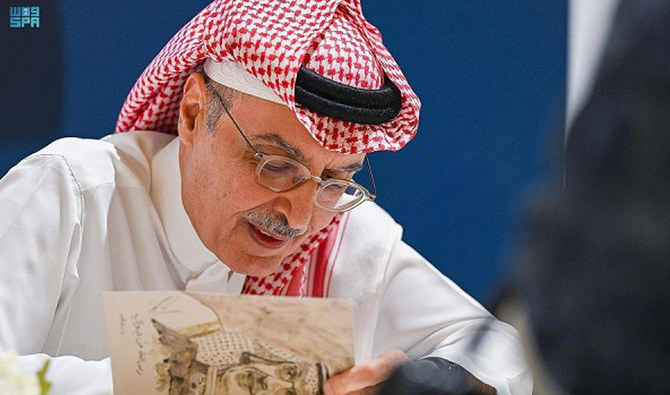ISLAMABAD: Planning Minister Ahsan Iqbal said on Tuesday that Islamabad would not allow militants based in Iran and Afghanistan to take advantage of Tehran’s ongoing conflict with Israel to increase its “terrorist” attacks in neighboring Pakistan.
Pakistan’s southwestern Balochistan province shares porous borders with Afghanistan to the north and Iran to the west. It has experienced a surge in militant attacks by Baloch separatists and other armed groups in recent years, who demand a greater share of Balochistan’s mineral resources for locals.
Pakistan has remained at odds with both Afghanistan and Iran over instability at its shared, porous borders with the two countries. Islamabad blames Kabul for not taking action against Pakistani Taliban militants who it says regularly launch attacks in Pakistan’s Balochistan and Khyber Pakhtunkhwa (KP) provinces, allegations that Afghanistan denies.
Ties between Islamabad and Tehran have also been strained in the past, with both nations blaming each other for not rooting out militancy in their countries.
“Pakistan leadership has recently had very good, close coordination with both the leadership in Iran and with leadership in Afghanistan ensuring that their soil is not used by the terrorist groups to carry out terrorist attacks in the country,” Iqbal told foreign media reporters during a briefing in Islamabad.
He added that Pakistani security forces were carrying out operations against militant groups in Balochistan and were confident they could “control” them.
“They are Indian-sponsored terrorist groups and they have already taken a hit with the defeat of India in the limited war we had and won’t get any space now [in the ongoing Iran-Israel conflict],” the minister said.
Iqbal was referring to Pakistan’s days-long military confrontation with India last month in which both countries targeted each other with artillery fire, missiles, fighter jets and drone strikes before Washington brokered a ceasefire on May 10.
Regional tensions have flared once again after Israel attacked Iran’s nuclear facilities and military leadership last Friday. The two countries have traded missiles since then, with world leaders calling for dialogue and restraint.
The minister hoped Irani forces would not allow militants based in their country to carry out attacks against Pakistan.
“We hope and are confident that the leadership in Iran will also exercise its full jurisdiction to make sure that no groups use the territory of Iran to carry out any terrorist action in Pakistan,” he said.
He called on the international community, especially the G7 countries, to intervene and stop Iran’s conflict with Israel from escalating further.
“This can have very serious consequences because this region supplies energy to the global economy and if there is any disruption in the supply of energy through escalation in this conflict, it will not just affect Iran, it will not just affect Israel, it will affect the entire world,” Iqbal warned.
CPEC WORK TO CONTINUE
Iqbal said the Israel-Iran conflict will not affect the pace of development of the China-Pakistan Economic Corridor (CPEC), a multi-billion infrastructure network between Pakistan and China, as the military confrontation was not taking place in Pakistan.
China has invested $65 billion in CPEC, its flagship project which is part of its Belt and Road Initiative, to build roads, railways, pipelines, and ports connecting China to the Arabian Sea. A key project is the deep-sea port at Gwadar in Balochistan, a province that faces a long-running separatist insurgency.
“So, our work in Pakistan will continue and CPEC will move forward as we are hoping and anticipating by the end of July, the 14th Joint Cooperation Committee (JCC) meeting will take place for CPEC,” Iqbal said, adding that by then the roadmap for the project’s phase 2 will be approved.
Ethnic Baloch separatist groups, most prominent among them the Baloch Liberation Army, have targeted Chinese interests in Balochistan in recent years. This has led to China expressing concerns over the safety of its nationals in Pakistan.
Iqbal said Beijing has expressed satisfaction over the improving security situation in Pakistan.
“Chinese are very convinced that Pakistan is fully committed to improving the security situation in the country and in the coming months and years, we will have greater cooperation because Pakistan has worked very hard to counter these elements who have been involved in actions against Chinese,” the minister said.
















